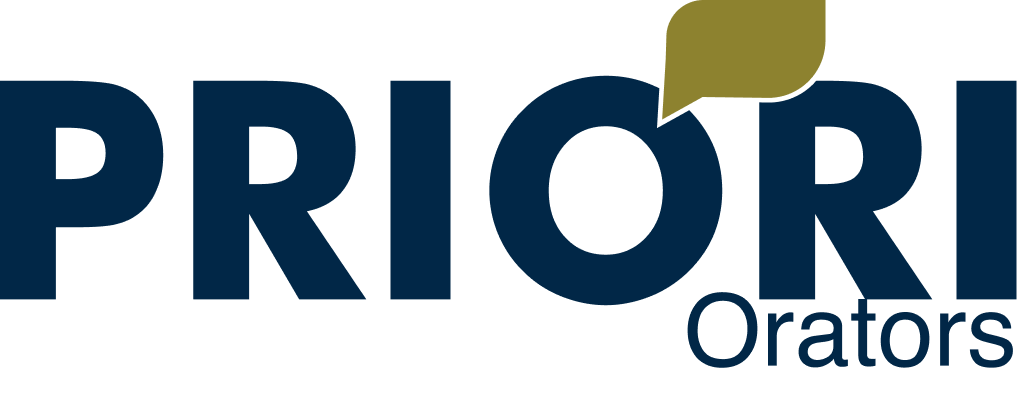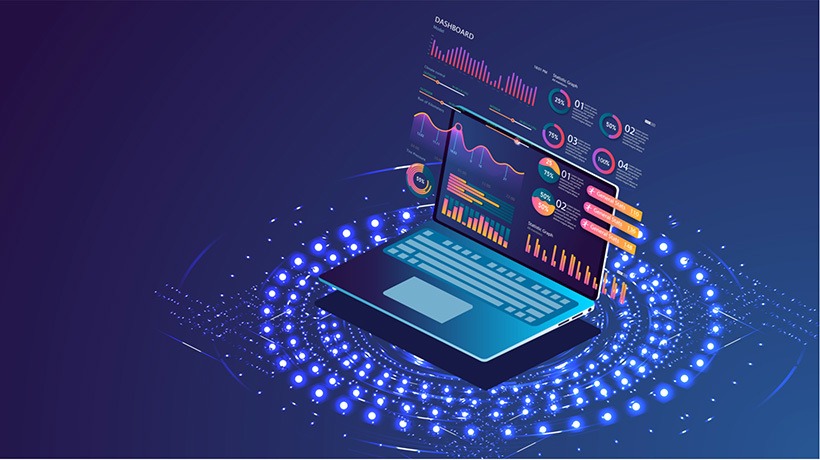In today’s world, data is everywhere. Emails, policy briefs, training evaluations, press clippings, WhatsApp chats, social media comments, video transcripts, the sheer volume is staggering. Buried in this flood of unstructured information are insights that could sharpen a company’s strategy, transform communication, and strengthen leadership.
But here’s the challenge: most organizations collect data, yet very few use it to its full potential. That’s where Knowledge Mining comes in.
At Priori Orators, we think of knowledge mining as the art (and science) of turning hidden patterns in information into practical, actionable intelligence. It is not just about crunching numbers, it’s about empowering teams to think faster, communicate smarter, and respond sharper.
So, What Exactly Is Knowledge Mining?
Knowledge Mining is the process of discovering useful, actionable insights from unstructured data using advanced tools such as natural language processing (NLP), machine learning, and search technologies.
Put simply, it’s a way of teaching computers to “read between the lines” of all the scattered documents and conversations across your organization, and then present the insights in a way humans can actually use.
Think of it as equipping your company with a pair of x-ray glasses: suddenly, you’re not just looking at piles of reports, surveys, or emails, you’re seeing the patterns, concerns, and opportunities hidden inside them.
Why It Matters
Let’s bring this closer to the corporate world. Knowledge Mining isn’t just another tech buzzword; it’s a game-changer for strategic communicators, leadership teams, and organizations seeking resilience.
- Strategic Communications Intelligence
For communication professionals, the greatest currency is clarity. With knowledge mining, you can:
Understand how stakeholders really talk about your company, brand, or policies.
Shape messaging that resonates, backed by real public sentiment.
Craft narratives that are evidence-based, timely, and aligned with actual trends in language use.
Instead of guessing what people think, you get to hear their language directly, at scale. - Learning From Within
For leadership and L&D teams, internal insights are gold. Knowledge Mining helps you:
Analyze past training evaluations to improve delivery.
Identify recurring knowledge gaps among staff and address them early.
Capture tacit knowledge from high performers and transform it into training content for everyone.
In short: it helps organizations stop repeating mistakes and start scaling wisdom. - Crisis Communication Preparedness
No crisis comes with a handbook, but it can come with patterns. Knowledge mining enables teams to:
Extract common questions, fears, or emotional triggers from past incidents.
Develop scenario-based responses rooted in real data, not guesswork.
Anticipate likely public reactions to future policies, programs, or product launches.
Preparedness is no longer reactive, it becomes predictive.
The Phases of Knowledge Mining
Knowledge Mining is not a one-step process; it’s a structured journey. At Priori Orators, we describe it in three phases:
- Phase 1: Ingest
Collect data from multiple sources, documents, databases, emails, social media, audio transcripts. This is where the raw material comes in. - Phase 2: Enrich
Apply AI techniques to refine the data. This may include:
Extracting key phrases and themes.
Identifying people, places, or organizations mentioned.
Analyzing sentiment (positive, negative, or neutral).
This stage is like turning raw ore into polished diamonds. - Phase 3: Explore
Present the knowledge in formats that people can actually use, dashboards, reports, visualization tools. The value of data isn’t in the numbers, it’s in the clarity it gives decision-makers.
Why Priori Orators Cares
At Priori Orators, we believe communication isn’t just what you say, it’s what you know before you speak.
Knowledge Mining bridges that gap. It transforms how organizations listen, learn, and lead. It makes conversations sharper, training more effective, and strategies more responsive.
Final Thought
Knowledge mining isn’t just about data; it’s about direction. For corporate teams, leaders, and strategic communicators, it represents a smarter way to uncover insights, shape narratives, and build resilience.
With the right tools, raw information becomes meaningful strategy. With the right mindset, organizations stop swimming in data and start sailing with purpose.
At the end of the day, Knowledge Mining gives leaders a superpower: the ability to listen deeply, not just to individuals, but to the collective pulse of their organization and the world around them.
And that, we believe, is the foundation of communication that truly connects.







